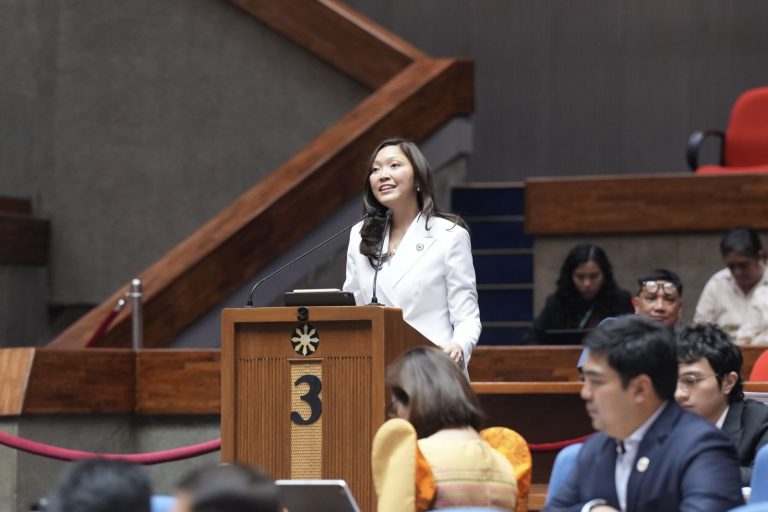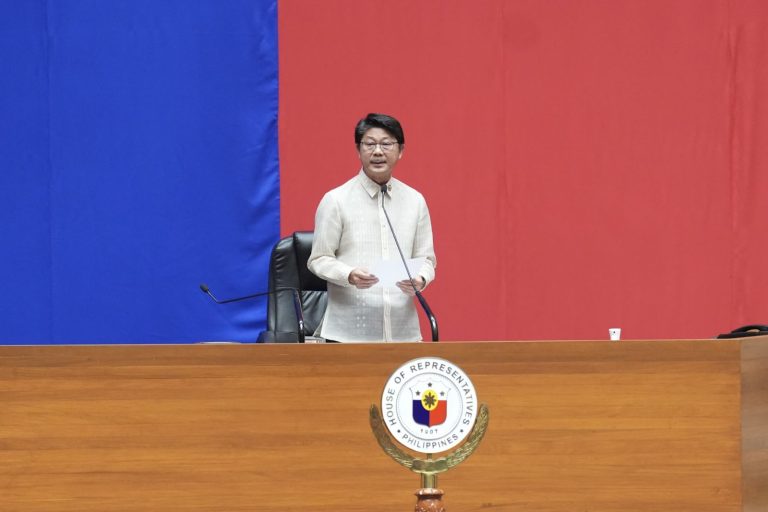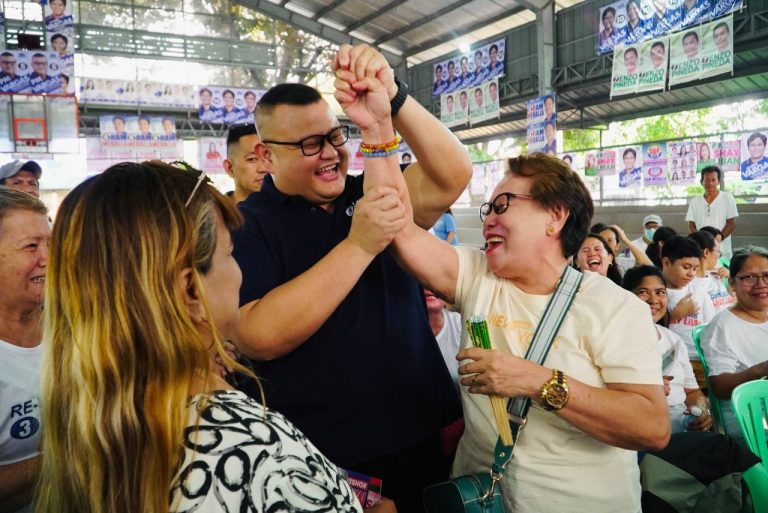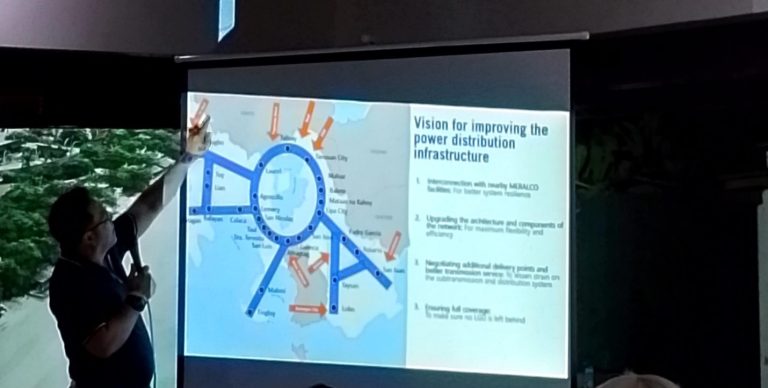
IN a significant address before the House of Representatives today, Cong. Jude Acidre, Co-Chairperson of the Second Congressional Commission on Education (EDCOM 2) and Chairperson of the House Committee on Higher and Technical Education, laid out a transformative legislative agenda aimed at tackling systemic challenges in Philippine higher education. Recognizing that while access to tertiary education has expanded, completion rates remain alarmingly low, Rep. Acidre is advocating for three key measures designed to ensure that no Filipino child is left behind on their journey to a brighter future.
Foremost among the proposed legislative initiatives are critical amendments to Republic Act No. 10931, particularly concerning the implementation of the Tertiary Education Subsidy (TES). Rep. Acidre highlighted the troubling decline in TES beneficiaries from the poorest households, noting a drastic fall from nearly 75% in 2018 to just 31% by 2022. He revealed that despite 749,204 eligible students from 4Ps families in SY 2022-2023, only 160,032 received the subsidy by SY 2023-2024, with many “coveted slots” going to students in municipalities without State Universities and Colleges (SUCs) and Local Universities and Colleges (LUCs). Furthermore, the recent 55% reduction in the TES grant, from P30,000 to P13,000 per semester, limits students to only a handful of degree programs, forcing many poor students to stretch meager incomes or drop out. The proposed amendments seek to improve TES targeting, ensuring it directly benefits the poorest of the poor in both public and private institutions, and establishing automatic eligibility for SHS graduates from 4Ps families and those below the poverty threshold, conditional on HEI acceptance and free from burdensome paperwork. This early guarantee, he emphasized, is crucial for encouraging poor families to support their children’s college pursuits.
The second pivotal measure Rep. Acidre will champion is a comprehensive bill focused on student welfare and support. He underscored that beyond financial aid, a significant portion of student dropouts cite a lack of engagement (25%) and the overwhelming need to work (44%), often due to poverty. This indicates that current collegiate pathways may lack the flexibility required to accommodate students who must juggle studies with employment. The proposed legislation aims to address these evolving barriers, moving beyond tuition and fees to implement targeted policy responses that prioritize student welfare, enhance employability, and provide holistic support for learning. This includes developing a more responsive higher education system that meets students where they are, offers multiple pathways for tertiary education and upskilling, and nurtures their holistic growth beyond just academics, ultimately ensuring they not only enroll but also complete their studies.
Finally, Rep. Acidre announced his advocacy for a bill to operationalize the constitutionally-enshrined complementarity between public and private education institutions. He noted the distinct yet equally vital roles played by both sectors, with public institutions predominantly offering programs in social sciences, agriculture, fisheries, and engineering, while private institutions are crucial for supplying healthcare workers, doctors, lawyers, IT professionals, and architects. This legislation seeks to formally recognize and leverage these complementary strengths to optimize the overall provision of higher education in the country, ensuring a robust and diverse talent pipeline for national development.
Rep. Acidre underscored the urgency of these reforms, stating, “We cannot be content with policies that simply open the door to our universities. We must ensure that once our young people step through that door, they are supported to walk all the way to the finish line.” He stressed that these legislative efforts are vital to prevent gains in enrollment from ringing hollow and to achieve President Marcos’ aspiration of ensuring every Filipino family has a college or TESDA graduate.






